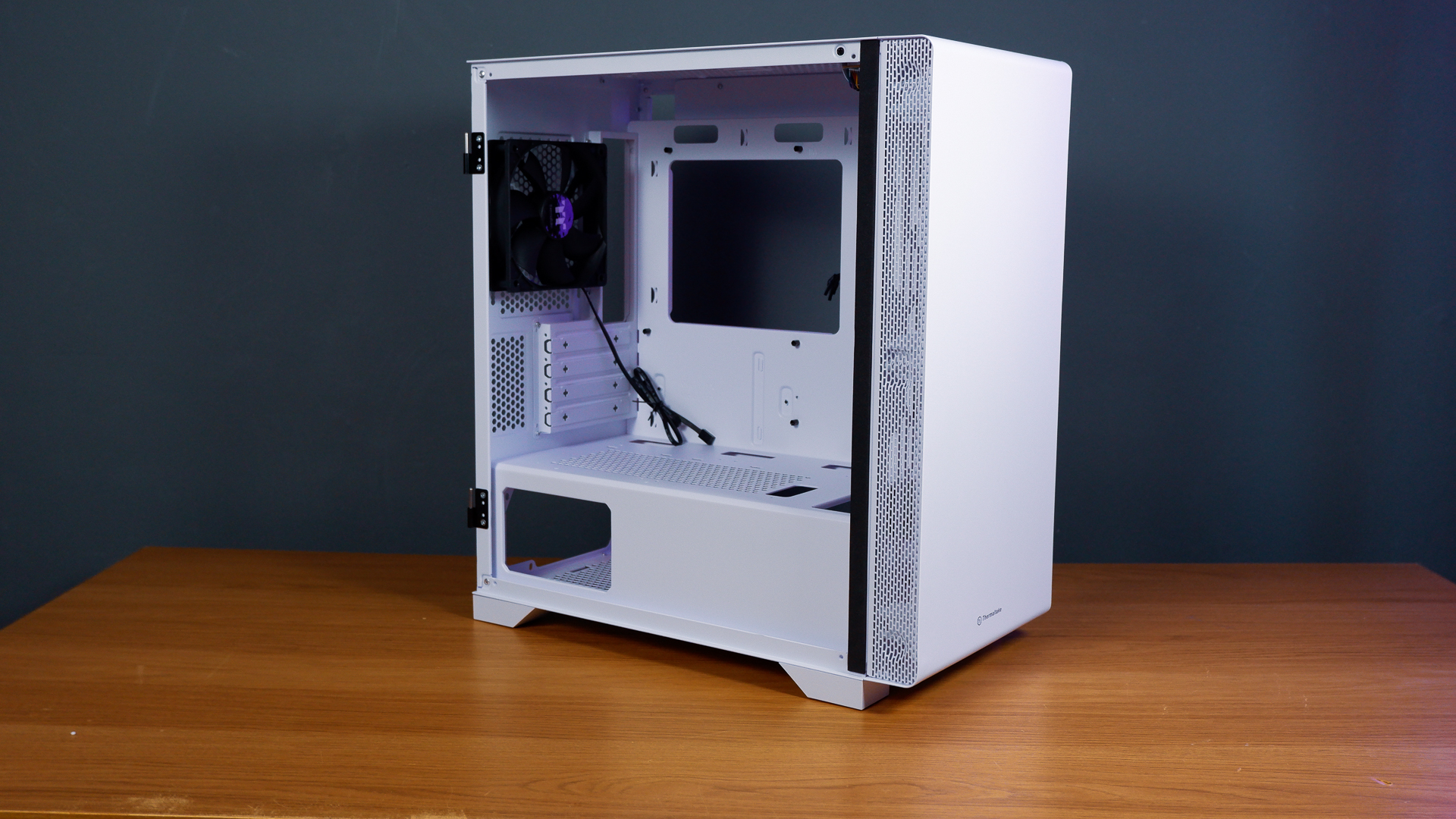Notoriously litigious haptics company tries to shakedown Valve
Immersion Corporation has been described as a "patent troll".

Valve is being sued by Immersion Corporation for allegedly infringing on seven patents relating to touch technology, or haptics, in its Steam Deck and Valve Index hardware. Immersion Corporation, founded in 1993, is a company that had an early history in the development of touchscreen technology, including a partnership with Microsoft, but from the 2000s onwards seems to have become more and more litigious: To the extent it's been described as a "patent troll". It claims to own over 1,650 patents related to haptics, and in the past has sued Apple, Microsoft, Sony, and most recently Meta Platforms.
Immersion Corporation describes itself as "the leading developer and provider of technologies for haptics" and has filed suit in Washington district court. The suit says Valve's infringed seven of its patents and Immersion is looking to have it enjoined from further infringement and, the important part, "to recover a reasonable royalty for such infringement".
"Our intellectual property is relevant to many of the most important and cutting-edge ways in which haptic technology is and can be deployed, and, in the case of AR/VR experiences, haptics is crucial to an immersive user experience," said Eric Singer, chairman and CEO of Immersion.
"While we are pleased to see that Valve recognizes the value of haptics and has adopted our haptic technology in its handheld video game and AR/VR systems as part of its effort to generate revenue streams through the sales of hardware, games and other virtual assets, and advertisements, it is important for us to protect our business against infringement of our intellectual property to preserve the investments that we have made in our technology," said Singer.
The complaint asserts infringement of the following patents:
- U.S. Patent No. 7,336,260: "Method and Apparatus for Providing Tactile Sensations"
- U.S. Patent No. 8,749,507: "Systems and Methods for Adaptive Interpretation of Input from a Touch-Sensitive Input Device"
- U.S. Patent No. 9,430,042: "Virtual Detents Through Vibrotactile Feedback"
- U.S. Patent No. 9,116,546: "System for Haptically Representing Sensor Input"
- U.S. Patent No. 10,627,907: "Position Control of a User Input Element Associated With a Haptic Output Device"
- U.S. Patent No. 10,665,067: "Systems and Methods for Integrating Haptics Overlay in Augmented Reality"
- U.S. Patent No. 11,175,738: "Systems and Methods for Proximity-Based Haptic Feedback"
Interestingly enough, Singer was appointed to his role in January this year, replacing lawyer Francis Jose. At the time Singer issued a statement discussing Immersion's various ways of delivering "shareholder value" and specifically calls out "our targeted litigation strategy, including but not limited to our recent lawsuit against Meta Platforms".
It is worth noting that Immersion has enjoyed considerable success over the years. A suit against Microsoft and Sony in the early 2000s resulted in a big win, with Microsoft opting to buy 10% of Immersion to avoid the fight while Sony took the company on and lost. It's even been speculated that the scale of the loss in this case was what saw the PlayStation 3 version of the Dualshock pad launch without rumble.
Keep up to date with the most important stories and the best deals, as picked by the PC Gamer team.
I've asked Valve for comment, and will update with any response.

Rich is a games journalist with 15 years' experience, beginning his career on Edge magazine before working for a wide range of outlets, including Ars Technica, Eurogamer, GamesRadar+, Gamespot, the Guardian, IGN, the New Statesman, Polygon, and Vice. He was the editor of Kotaku UK, the UK arm of Kotaku, for three years before joining PC Gamer. He is the author of a Brief History of Video Games, a full history of the medium, which the Midwest Book Review described as "[a] must-read for serious minded game historians and curious video game connoisseurs alike."

